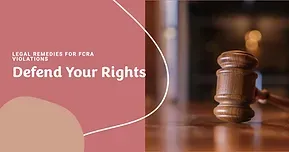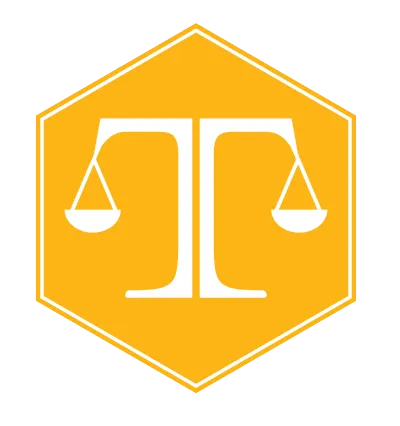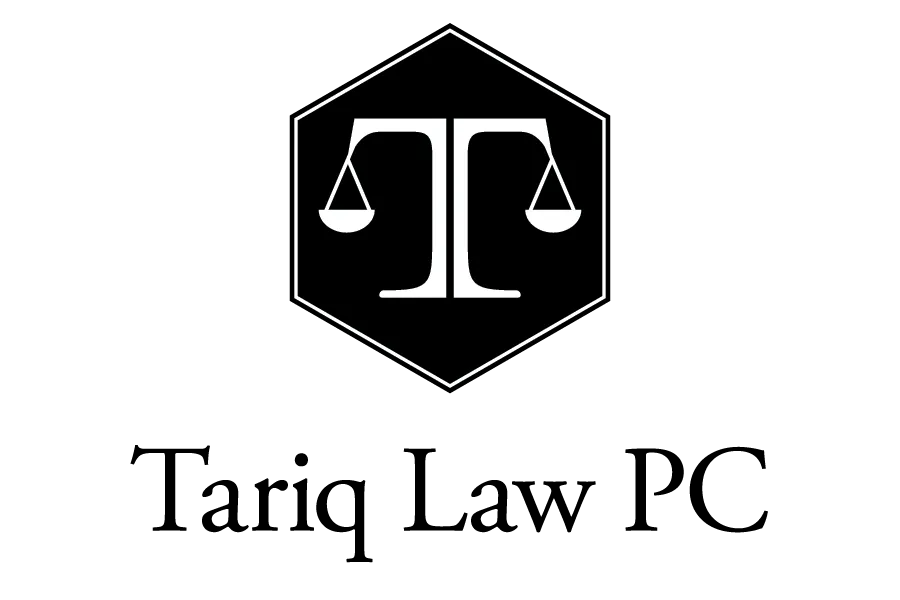Defending Your Rights: Legal Remedies
For FCRA Violations

The Fair Credit Reporting Act (FCRA) was designed to promote accuracy, fairness, and privacy of information in the files of consumer reporting agencies. When FCRA violations occur, consumers have rights to legal remedies. This page is intended to guide you through the potential legal recourse available if your FCRA rights have been infringed upon.
Legal Remedies Under FCRA:
1) Actual Damages: If a violation of the FCRA has caused you harm, you may be entitled to recover 'actual damages.' These damages can include financial loss, such as being denied a loan due to inaccurate information on your credit report, or emotional distress.
2) Statutory Damages: For willful non-compliance, even if you cannot prove that you suffered actual harm, you can recover statutory damages. The FCRA allows consumers to seek statutory damages of between $100 and $1,000.
3) Punitive Damages: In cases of a willful violation, a court may award punitive damages. These damages are not tied to a specific financial loss but are meant to punish the offending party and deter similar conduct in the future.
4) Legal Fees and Costs: If you win a lawsuit for an FCRA violation, the court may require the defendant to pay your court costs and attorney’s fees. This provision makes it easier for consumers to seek justice without the worry of how to afford a lawsuit.
Process of Legal Action:
If you suspect an FCRA violation, it's essential to keep detailed records of all related correspondence and potential harm you've suffered. If an initial dispute with the credit reporting agency or information provider doesn't resolve the issue, you may consider taking legal action. Here is a general process:
1) Consult with an FCRA Attorney: An attorney with expertise in FCRA violations can evaluate your situation, guide you on the best course of action, and represent you in court if necessary.
2) File a Lawsuit: If your attorney determines you have a case, they will help you file a lawsuit against the credit reporting agency, the information provider, or both.
3) Discovery Phase: During this phase, both sides exchange information relevant to the case. Your attorney will gather evidence to build your case.
4)Trial: If the case isn't settled during the discovery phase, it will go to trial where a judge or jury will decide the outcome.
Our law firm is committed to protecting consumers' rights under the FCRA. If you believe your FCRA rights have been violated, please reach out to us. We can guide you through the legal process and fight for the remedies you deserve.

Communication
Always on your side.

Integrity
Honesty at our core.

Excellence
Pursuing the highest standards.
ASK QUESTIONS!









